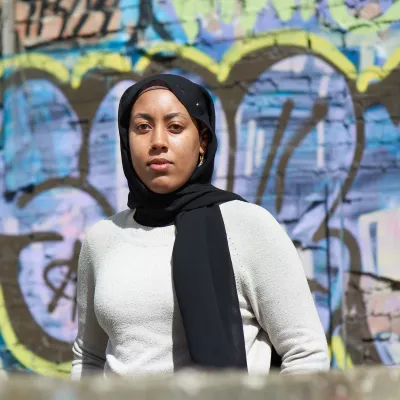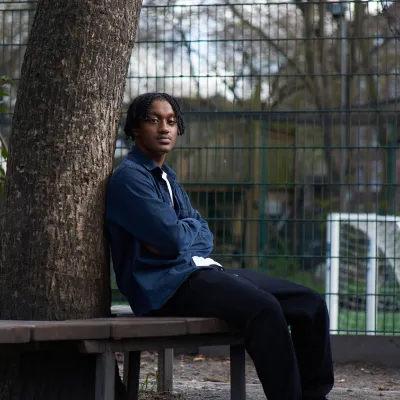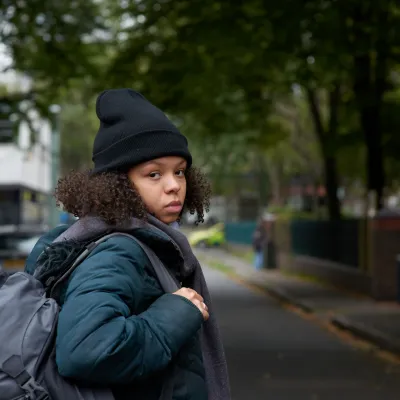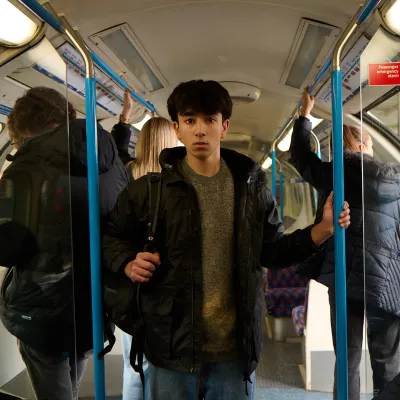The causes of youth homelessness
The common causes of youth homelessness include family breakdown, leaving care, exclusion from school, gang crime, escaping violence and mental health issues.

We want to end youth homelessness by 2037

Over 118,000 young people approached their local authority for help in 2023-24. That’s one young person becoming homeless every four minutes.
The common causes of youth homelessness include family breakdown, leaving care, exclusion from school, gang crime, escaping violence and mental health issues.
Being homeless is complex and a very different experience for every young person we support.

Together we can tackle the crisis of youth homelessness today and end it for generations to come. Here’s how we do it.

Find out about our current policy campaigns to help end youth homelessness.

Raza, 20, came to Centrepoint following a family breakdown where he ended up sofa surfing. He's now completed his SIA security training and is looking forward to a future in security.

Lily, 20, reached out the helpline after she was kicked out of her partner’s sister’s home. She sofa surfed with a family friend who recommended she called the Helpline and Lily reached out for support. She’s now living in shared…

BP, 19, was referred to Centrepoint by his social work team three years ago. After a series of injuries stopped his career in football, he's recently completed his security training and is now looking for roles that work for him.

Family breakdown is the main cause of youth homelessness. Our research shows that while conflict happens in all families and is triggered by similar topics, it is far more likely to escalate in households that are already facing multiple…

This research explores the barriers young people face in securing stable housing. Our 2023-24 Move On report is the first iteration of a multi-year research project exploring the accessibility and affordability of housing for young people…

1 in 62 young people in the UK faced homelessness in 2023-24. The Youth Homelessness Databank once again underscores the critical importance of having robust and comprehensive data to fully understand the scale and nature of youth…